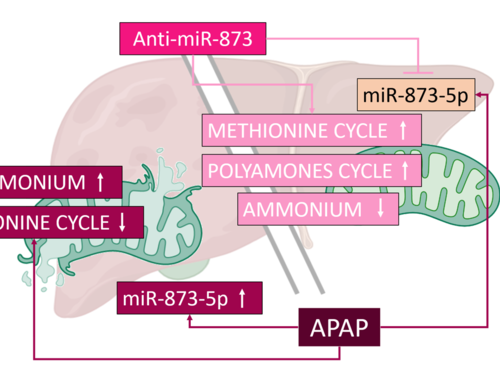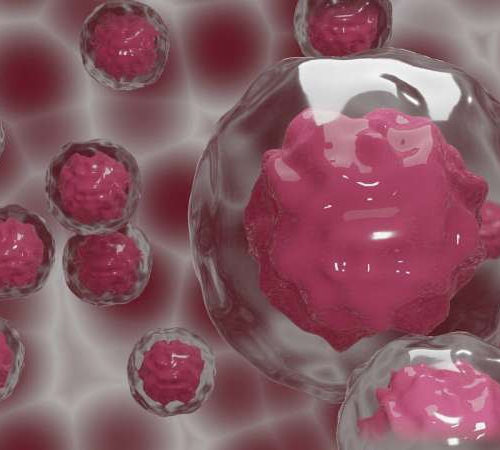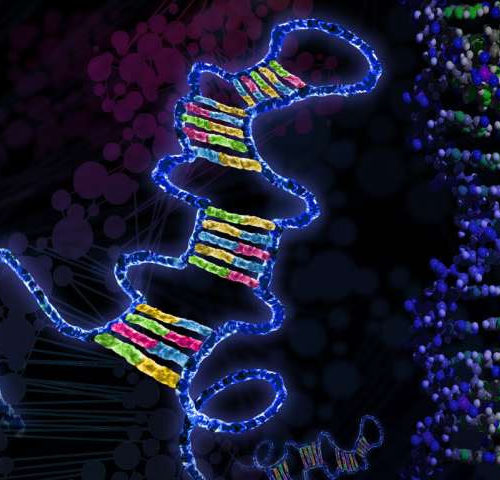CIC BIOGUNE IMAGE: APAP-INDUCED DILI LEADS TO DYSREGULATION OF AMMONIA LEVELS. THE NEGATIVE MODULATION OF MIR-873-5P RESTORES METHIONINE CYCLE ACTIVITY, ATTENUATES AMMONIA ACCUMULATION, AND INCREASES POLYAMINE SYNTHESIS ACTIVITY. ALL IN ALL, THESE FACTS IMPROVE THE REGENERATIVE CAPACITY AND THUS RESTORE THE PHYSIOLOGICAL ACTIVITY OF THE LIVER. CREDIT: RUBEN RODIGUEZ, CIC BIOGUNE Acute liver failure is...
Tag: <span>microRNAs</span>
MicroRNAs may contribute to atherogenesis in a cell-type-dependent manner
UNIVERSITY OF EASTERN FINLAND IMAGE: PIERRE MOREAU AND MINNA KAIKKONEN-MÄÄTTÄ INVESTIGATING THE TRANSCRIPTS IDENTIFIED FROM GRO-SEQ DATA IN THE UCSC GENOME BROWSER. CREDIT: UEF/RAIJA TÖRRÖNEN Researchers at the University of Eastern Finland have uncovered potential mechanisms by which microRNAs (miRNA) drive atherogenesis in a cell-type-specific manner. Published in the Arteriosclerosis, Thrombosis, and Vascular Biology journal, the study provides...
Removing microRNAs from triple-negative breast cancer cells can reverse its spread
by University of Westminster Credit: CC0 Public Domain A new study led by the University of Westminster shows that removing small genetic parts of our genomes called microRNAs from triple negative breast cancer cells can reverse its spread. The study, published in the International Journal of Molecular Sciences, also identified that microRNAs could be targeted for...
Bits of genetic material called microRNAs may drive metabolic disorders
by Jacob Shea, University of California – Berkeley The miR-128-1 microRNA, a tiny snippet of regulatory RNA emanating from the ‘dark matter’ of the genome previously thought to be junk DNA, controls energy metabolism and contributes to metabolic diseases such as obesity and type 2 diabetes. It is linked to human evolutionary selection for survival of...
Blood marker may reduce cancer burden
Researchers at Flinders University are expanding work on a promising blood test model to help predict or diagnose head and neck cancer, a difficult cancer to pick up early and treat. With cancer accounting for almost 10 million a year, the Global Burden of Disease report (2017) attributed more than 380,000 deaths to head and...
Powerful molecules provide new findings about Huntington’s disease
LUND UNIVERSITY Researchers at Lund University in Sweden have discovered a direct link between the protein aggregation in nerve cells that is typical for neurodegenerative diseases, and the regulation of gene expression in Huntington’s disease. The results pave the way for the development of new treatment strategies for diseases that involve impairment of the basic mechanism...




